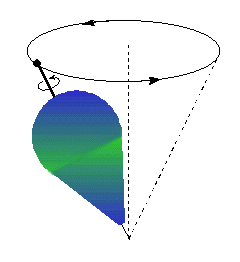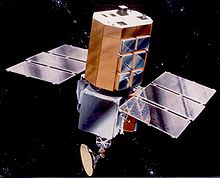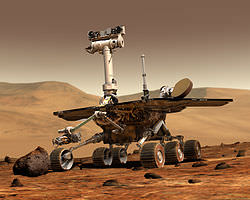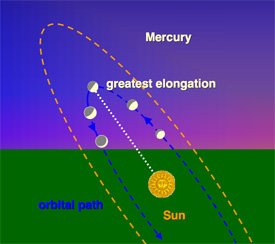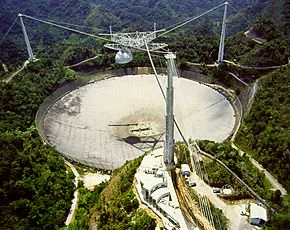We’ve got two new podcasts from the Astronomy Cast team of Dr. Pamela Gay and Fraser Cain: Ep. 313: Precession, and Episode 314: Acceleration.
313: Precession
The Earth is wobbling on its axis like a top. You can’t feel it, but it’s happening. And over long periods of time, these wobbles shift our calendars around, move the stars from where they’re supposed to be, and maybe even mess with our climate. Thank you very much Precession.
Click here to download the episode.
Or subscribe to: astronomycast.com/podcast.xml with your podcatching software.
“Precession” on the Astronomy Cast website, with shownotes and transcript.
314: Acceleration
Put that pedal to the metal and accelerate! It’s not just velocity, but a change in velocity. Let’s take a look at acceleration, how you measure it, and how Einstein changed our understanding of this exciting activity.
Click here to download the episode.
Or subscribe to: astronomycast.com/podcast.xml with your podcatching software.
“Acceleration” on the Astronomy Cast website, with shownotes and transcript.
And the podcast is also available as a video, as Fraser and Pamela now record Astronomy Cast as part of a Google+ Hangout (usually recorded every Monday at 3 pm Eastern Time):

